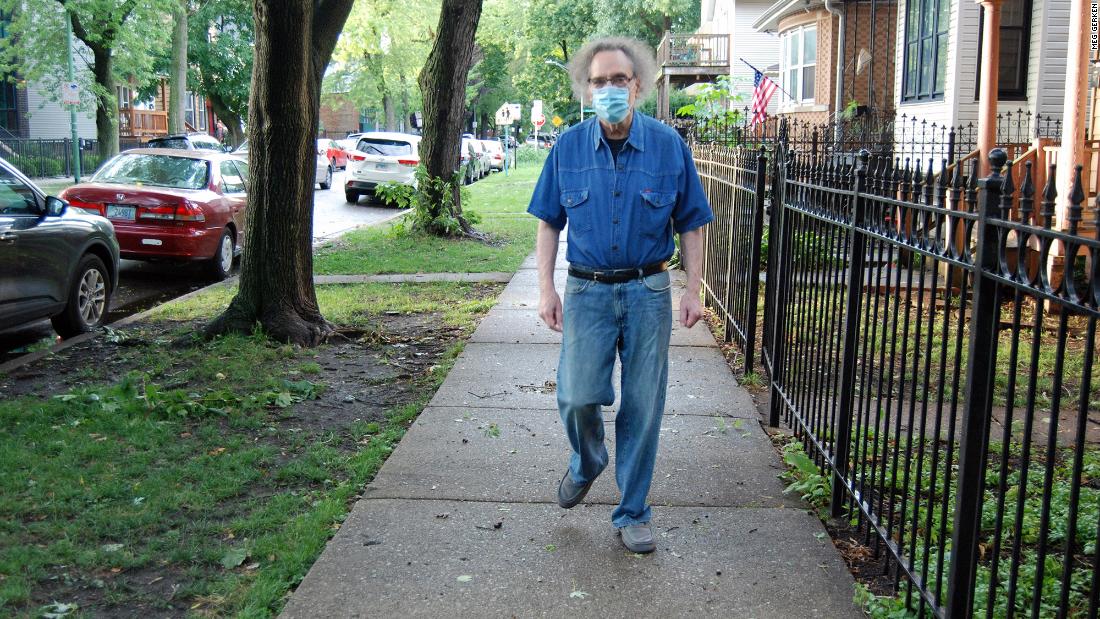
Like other older adults who've become critically ill from the coronavirus, Walters, 65, describes what she calls "brain fog" — difficulty putting thoughts together, problems with concentration, the inability to remember what happened a short time before.
This sudden cognitive dysfunction is a common concern for seniors who've survived a serious bout of Covid-19.
"Many older patients are having trouble organizing themselves and planning what they need to do to get through the day," said Dr.
I've been really nervous and jittery," Walters said.
Younger adults who've survived a serious course of Covid-19 experience similar issues but older adults tend to have "more severe symptoms, and more limitations in terms of what they can do," Chen said.
"Recovery will be on the order of months and years, not days or weeks," said Dr.
Most likely, he speculated, a year after fighting the disease at least half of the critically ill older patients will not be fully recovered.
The aftereffects of delirium — an acute, sudden change of consciousness and mental acuity — can complicate recovery from Covid-19.
It can manifest as acute confusion and agitation or as uncharacteristic unresponsiveness and lethargy.
"What we're seeing with Covid-19 and older adults are rates of delirium in the 70% to 80% range," said Dr.
I could hear snatches of TV — reruns of 'Law & Order: Special Victims Unit' — and I asked myself, 'Is this my life for eternity?'" Quinn said.
Given the extent of delirium and mounting evidence of neurological damage from Covid-19, Khan said he expected to see "an increased prevalence of ICU-acquired cognitive impairment in older Covid patients."
Ely agreed.
Family members should insist on securing rehabilitation services — physical therapy, occupational therapy, speech therapy, cognitive rehabilitation — after the patient leaves the hospital and returns home, he advised.
"Even at my age, people can get incredible benefit from rehab," said Quinn, who spent nearly two weeks at Chicago's Shirley Ryan AbilityLab, a rehabilitation hospital, before returning home and getting several weeks of home-based therapy.
Notably, a recent study found that one-third of critically ill older adults who survive a stay in the ICU did not receive rehab services at home after hospital discharge.
"Seniors who live in more rural areas or outside bigger cities where major hospital systems are providing cutting-edge services are at significant risk of losing out on this potentially restorative care," said Dr.
Virginia and Tom still struggle with confusion, fatigue, weakness and anxiety after their two-week stay in the hospital, followed by two weeks in inpatient rehabilitation.
